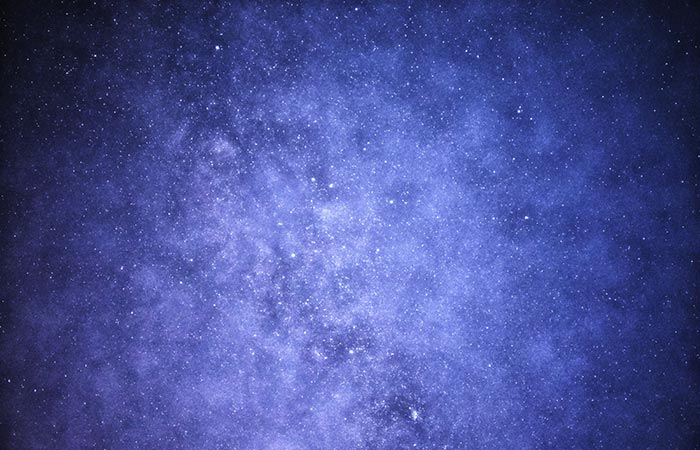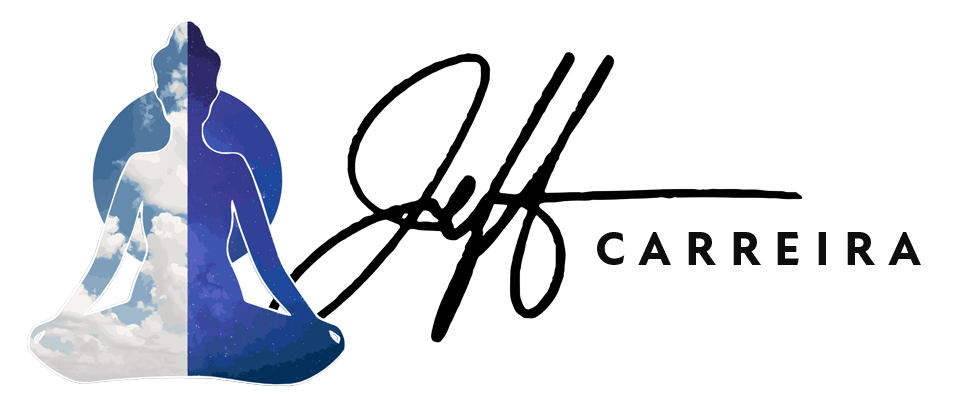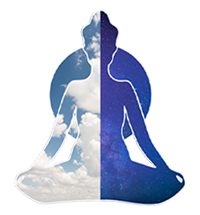
The answer to that question is a resounding Yes… and No!
In my work as a teacher, I am always attempting to explain the indescribable, ethereal and always awesome realms of spiritual revelation and awakening. I want to demystify these holy realms by describing them in terms that are satisfying to our rationally trained intellects.
At the very same time, I realize that it is not possible to satisfactorily explain that which is inconceivable. In fact, if I could, I would rob the great mystery of its transformative power.
Soren Kierkegaard was a nineteenth century Danish mystical philosopher who defended the power of faith against the encroachment of the age of reason.
When other theologians of the time tried to use the power of reason to logically prove the existence of the miraculous essence of reality, Kierkegaard said no! The ultimate truth cannot and should not be proven logically because its power to transform us comes from the very fact that it always involves a leap of faith.
You see, we cannot reason our way into the miracle of awakening. We cannot understand our way into spiritual freedom.
The miracle that we seek is much closer than understanding. It takes a singular leap beyond what you think you know. It is an ever so slight shift out of the mind and into reality.
Logic is important to us, and I believe, as Kierkegaard did, that we must not ignore our mental faculties in the process of awakening.
“Leap of Faith, but only after reflection.” – Soren Kierkegaard
Our minds can only help if we use them to dispel the assumptions that will clear the way to faith – faith in what we cannot see with our five senses.
Kierkegaard said, “There are two ways to be fooled. One is to believe what isn’t true; the other is to refuse to believe what is.”
When I lead retreats, my main job is to create a space that is vast enough, compassionate enough and full of enough wisdom so that everyone can stop doubting the mystery, at least for a few days.
For these few days, we become innocent again like children. We return to a time before we had learned what was possible and what was not. We open, not to a particular set of beliefs or doctrines, but to the fact that we actually don’t know what the limits of reality are.
You see, THAT is what we can logically and rationally hold onto. No matter what we have been taught to think, any rational person will eventually admit that they cannot know for certain what the limits of reality are. No matter how certain we may feel, we cannot deny that in the next moment something could happen that reveals possibilities we had never imagined.
The uncertainty of admitting that we do not know is as far as the rational mind can take us toward the ineffable. We can use the mind’s power of discrimination to uproot our foundational assumptions until we find ourselves swimming in a delightful uncertainty, but it cannot take us any deeper into the depths beyond.
Few are willing to go this far into the unknown, but those who do quickly discover the reality of the unknowable.
What they realize is that evidence of the divine has always been right here.
The life energy that animates our mind and body is divine. The fact that we are alive at all proves to us, in every moment, that the miraculous exists. What could be more miraculous than life itself?
On retreat, as the layers of disbelief fall away, we also start to feel the powerful thrill of realization running through us. Our bodies become electrified with an energy that we recognize possesses intelligence and love.
What some in the East call the inner goddess of kundalini has awakened inside us. It comes most simply as a sense of excitement. An energetic attraction to anything that brings us closer to her. The movement of this inner bliss wants to guide us on our journey home.
It doesn’t matter what name we use for the ineffable. We can call her God, divinity, the Holy Spirit, mother, father, source, Self or whatever else feels best to us.
What we call her does not matter, what matters is that we believe in her. That we have faith in a source of energy, love, wisdom and compassion bigger than who we think we are.
When I teach, I try to be as rational as possible. I offer reasoned arguments explaining why we should open ourselves to the impossible. I teach meditation techniques with clear and precise instructions, and I explain exactly why they can dismantle our current habits of perception.
And all of this I will continue doing because our rational minds need to be part of this process.
At the same time, I can see that, more and more, I will be encouraging and inspiring people to let go into the power of belief. I will not ask people to believe in what I tell them, I will have them inquire into why they would want to continue to disbelieve until they realize for themselves that not believing is as active a stance as believing – and it’s just as risky.
Faith is the key to everything. Faith means loving what you cannot understand. Believing in the mystery, and loving her deeply, is what swings the doors of perception wide open, so that we can see the beauty in the invisible and hear the majestic songs that lie hidden in silence.


